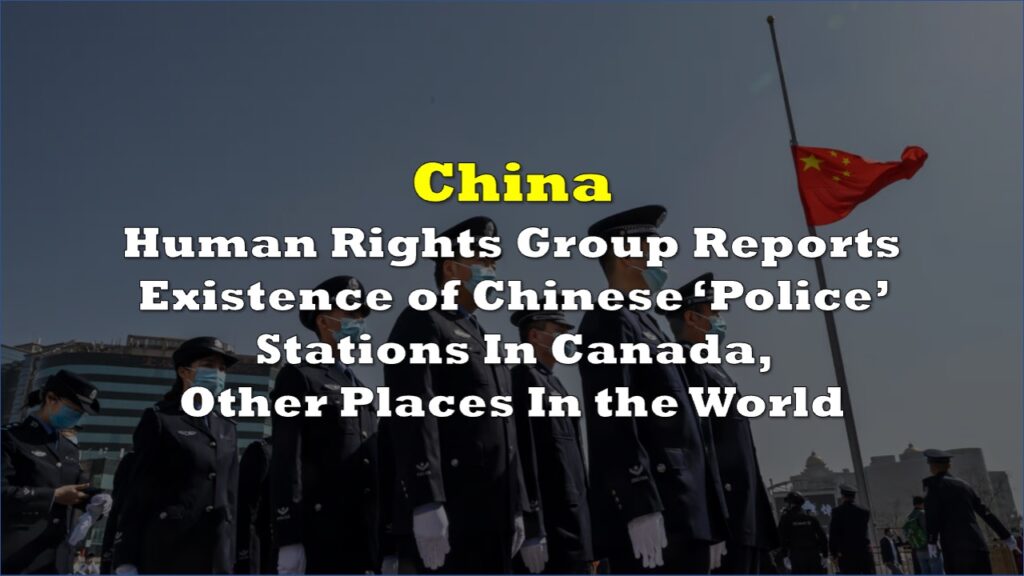The Swedish battery manufacturer Northvolt, once hailed as a key player in Europe’s push towards green energy and reduced reliance on foreign energy supplies, now finds itself in a dire situation. Reports suggest that the company is facing insurmountable technical challenges with equipment supplied by its Chinese partner, Wuxi Lead, threatening Northvolt’s survival, and many fear that the company may soon collapse, with Chinese interests poised to step in and purchase its assets.
Northvolt was founded in 2016 by former Tesla executive Peter Carlsson with the ambitious goal of establishing a European supply chain for lithium-ion batteries. The company’s Skellefteå gigafactory was seen as a beacon of hope for Europe, aimed at reducing dependence on Asian manufacturers, particularly from China, who currently dominate the global battery market.
The project garnered strong support from the Swedish government, which, alongside various European partners, invested billions into the venture. The European Union itself was heavily invested in Northvolt, hoping the factory would help drive its push for electric vehicle adoption and renewable energy storage.
Wuxi Lead
Northvolt’s troubles started with the purchase of battery manufacturing equipment from Wuxi Lead, a leading Chinese supplier of industrial machinery, specializing in the production of equipment used in lithium-ion battery manufacturing. Wuxi Lead was trusted to provide state-of-the-art machinery that could power Northvolt’s production line at scale.
However, according to a blog post by Swedish commentator Lars Wilderäng, who has gained attention for his reporting on financial markets, the relationship between Northvolt and Wuxi Lead took a turn. Wilderäng claims that Wuxi Lead provided defective equipment, which Northvolt has struggled to operate without the direct involvement of Chinese technicians.
Worse yet, he suggests that certain machine functionalities were deliberately omitted or sabotaged, with some speculating that the Chinese manufacturer aimed to undermine Northvolt’s operations from the outset.
Wilderäng’s report hints at foul play, suggesting that the technical problems may not be accidental. The article details how documentation for the equipment was incomplete, with essential system information left out or outright redacted. Additionally, certain components within the machinery appeared to be remotely controllable, allegedly raising suspicions about Chinese interference in the factory’s operations.
“Machines have only been operable with Wuxi Lead’s own Chinese operators present in Sweden,” Wilderäng writes, translated to English, suggesting that Northvolt’s Swedish team was kept in the dark on how to fully utilize the equipment. This inability to run production independently has left Northvolt’s large-scale Skellefteå plant idling, while only the smaller pilot plant in Västerås remains functional.
The lack of knowledge transfer from Wuxi Lead, Wilderäng adds, was not just poor business practice but a calculated move to prevent Northvolt from becoming self-reliant.
Possible bankruptcy
With its main factory out of commission, Northvolt’s financial situation has reached a critical point. According to Wilderäng, the company is rapidly running out of capital, and the payment of employee salaries is in question as early as September 25, 2024. Investors and stakeholders are reportedly growing anxious, and unless new funds are injected, bankruptcy may be imminent.
Some speculate that Chinese interests are waiting for Northvolt to collapse so they can swoop in and purchase the company’s assets, including its high-tech factory and production lines. This would give China control of a vital part of Europe’s battery supply chain, all within the European Union’s borders.
“It seems likely that Chinese actors will buy up the assets once Northvolt goes bankrupt,” Wilderäng writes, adding that the factory could be up and running again under Chinese ownership, potentially using Chinese labor but operating behind EU tariffs.
A key element of the story lies in Northvolt’s handling of the situation. Wilderäng points out that the company’s leadership was aware of the problems with Wuxi Lead’s equipment but pushed ahead with large-scale production in Skellefteå anyway. This decision is now seen as a gamble that backfired.
Sweden’s government and European partners have been left in a difficult position. Billions in public and private funding have already been invested, and it is clear that no simple financial bailout will solve the technical problems at the heart of Northvolt’s manufacturing issues.
This crisis has implications far beyond Northvolt. If Chinese actors do take control of the company’s assets, it would be a significant blow to Europe’s goal of achieving energy independence. The continent has already been caught in the crosshairs of the global competition for dominance in renewable energy technologies, and this incident underscores just how vulnerable European initiatives are to external interference.
Furthermore, the possibility of deliberate industrial sabotage raises questions about the ethical and geopolitical dimensions of doing business with Chinese manufacturers, especially in critical industries like renewable energy. Wuxi Lead’s alleged actions also shine a spotlight on China’s growing economic influence and its willingness to use its technological leverage to maintain control over key industries.
With potential bankruptcy looming, the coming weeks could determine the future of not only Northvolt but also the European Union’s ambitions for a sustainable, independent energy future.
Information for this briefing was found via the sources mentioned. The author has no securities or affiliations related to this organization. Not a recommendation to buy or sell. Always do additional research and consult a professional before purchasing a security. The author holds no licenses.










One Response
If it’s true, it simply means that Wuxi Lead is doing what has been done to numerous Chinese companies that imported equipment from US and some EU countries + Japan for the past several decades. I do hope that NorthVolt will be to overcome the technical difficulties sooner than later.